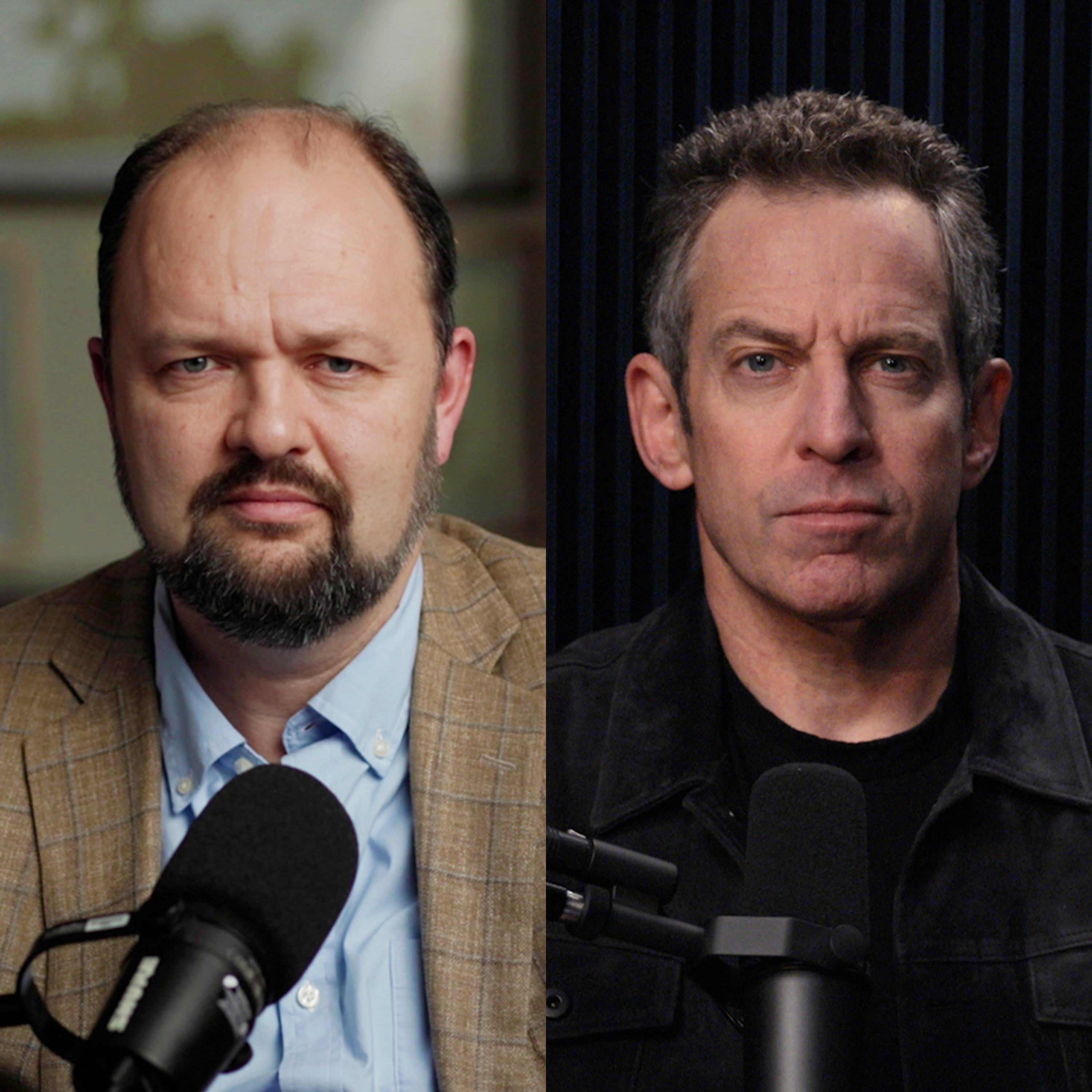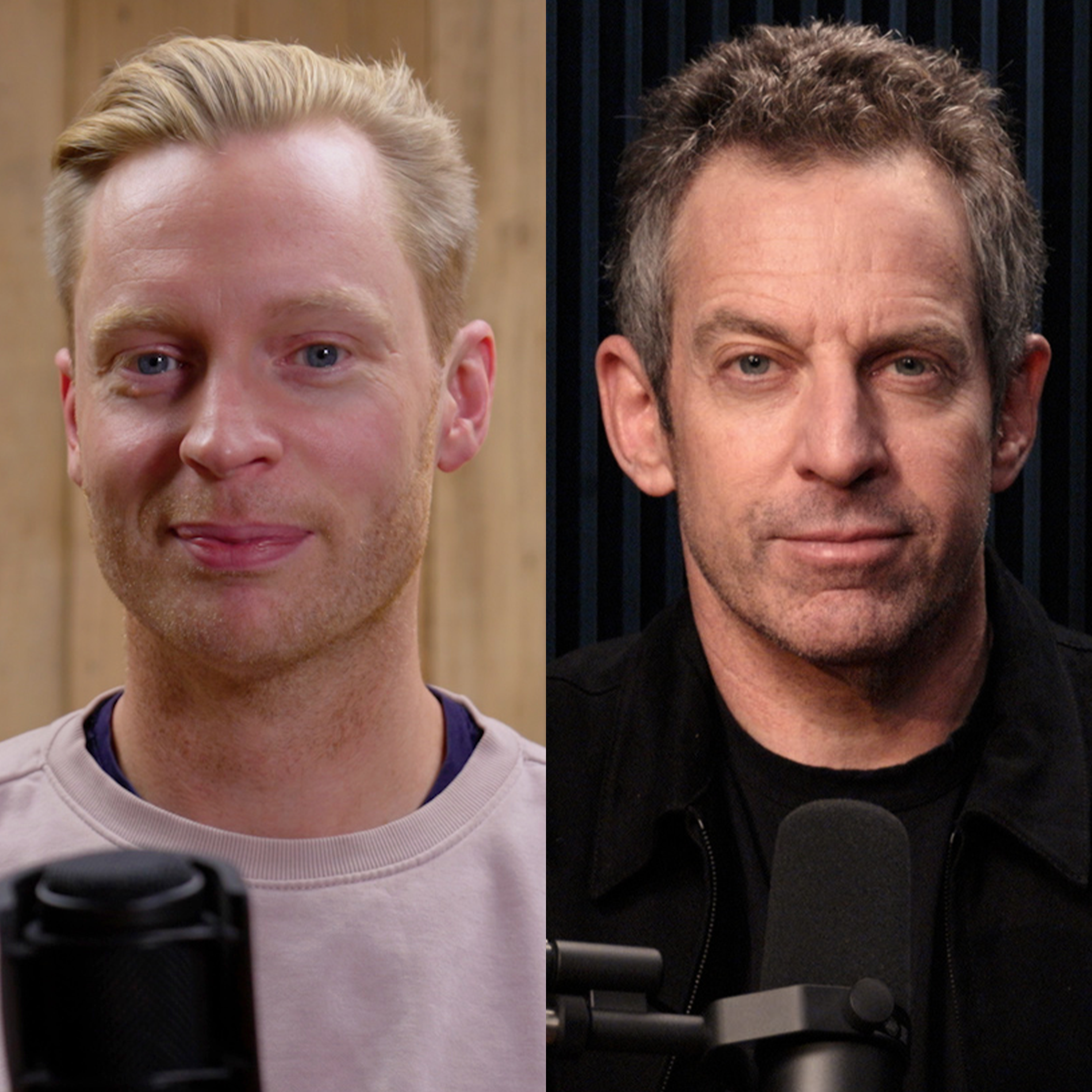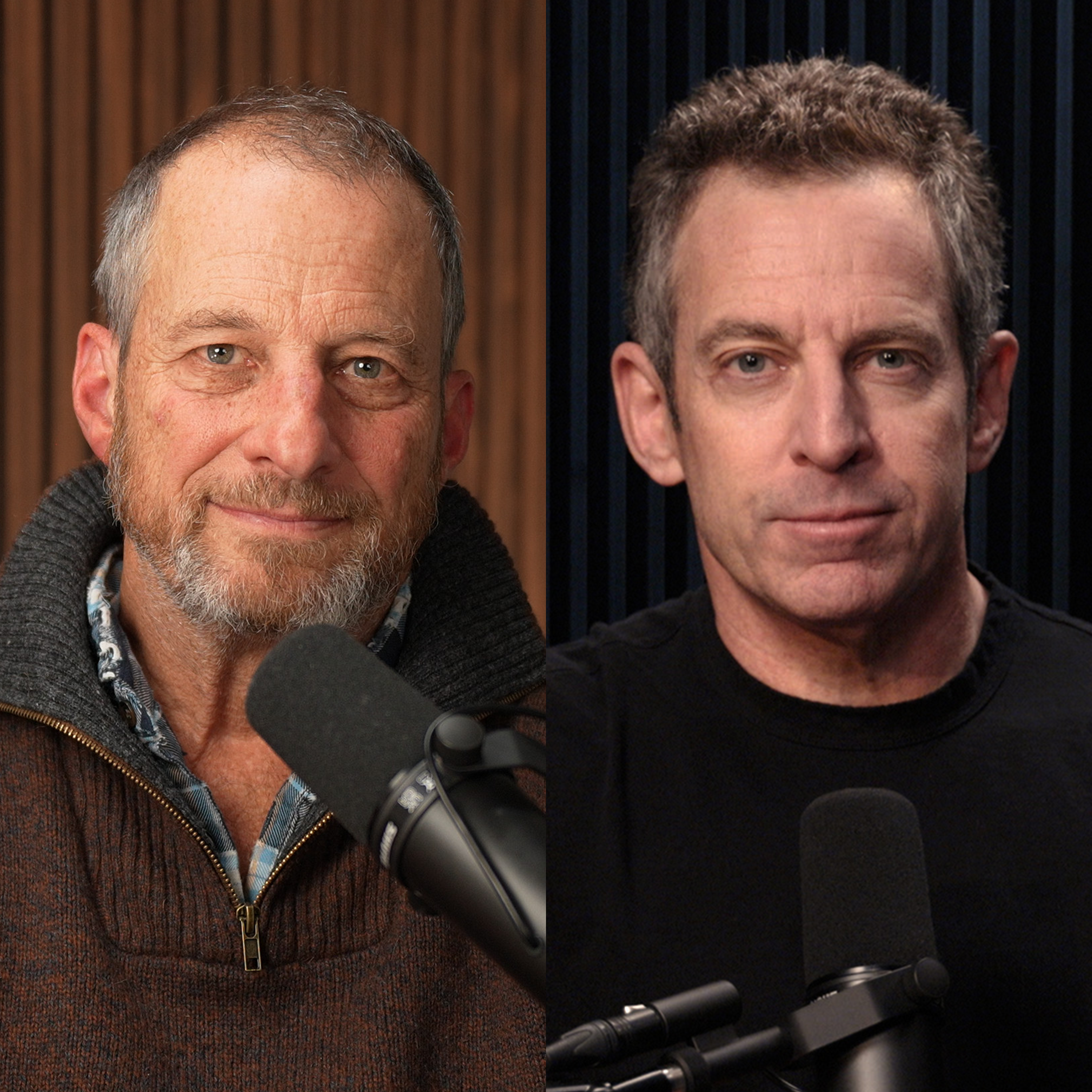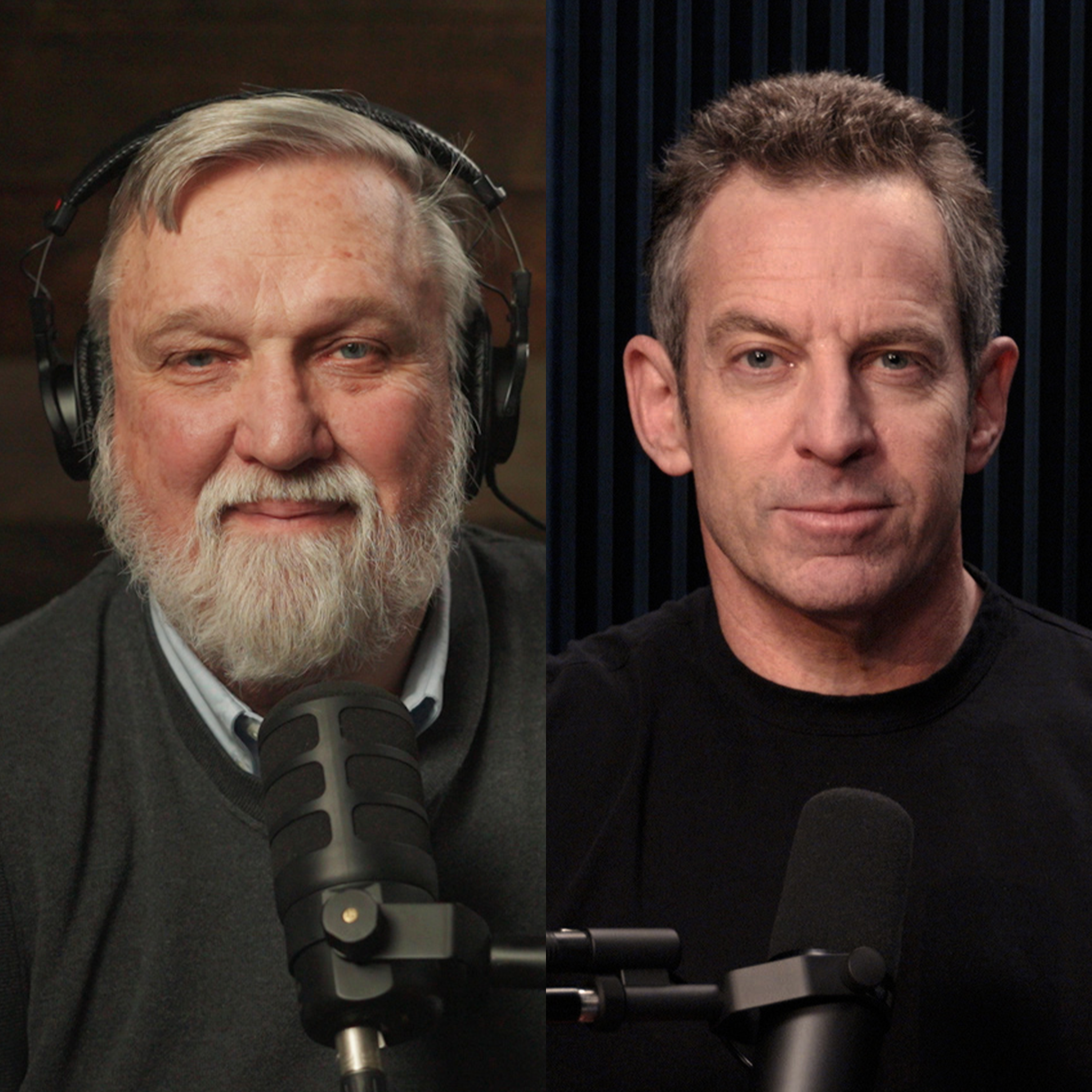#414 — Strange Truths
Sam Harris speaks with David Deutsch about quantum physics and current events. They discuss the “many-worlds” interpretation of QM, Schrödinger’s cat, constructor theory, quantum computing and whether it will ever be practically possible, recent developments in AI, the prospects of artificial super-intelligence, the alignment problem, antisemitism and the historical persecution of Jews, misconceptions about Israel, the future of the Jews in Israel and the West, and other topics.
If the Making Sense podcast logo in your player is BLACK, you can SUBSCRIBE to gain access to all full-length episodes at samharris.org/subscribe.
Learning how to train your mind is the single greatest investment you can make in life. That’s why Sam Harris created the Waking Up app. From rational mindfulness practice to lessons on some of life’s most important topics, join Sam as he demystifies the practice of meditation and explores the theory behind it.
Press play and read along
Transcript
Transcript is processing—check back soon.





